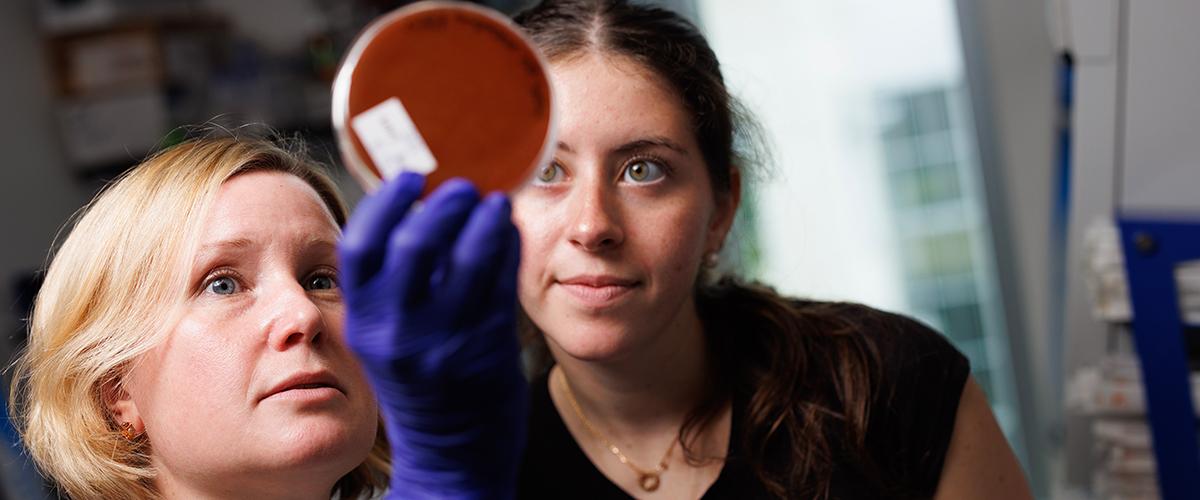
Research Faculty
Michael J. Smith, MD, MSCE, Chief
Areas of interest: Pediatric antimicrobial stewardship, pediatric anti-infective and vaccine clinical trials
Ibukun Kalu, MD
Areas of interest: Pediatric infection control, neonatal infections
Daniel K. Benjamin, Jr., MD, PhD, MPH
Areas of interest: Multicenter pediatric anti-infective trials, neonatal infections
Michael Cohen-Wolkowiez, MD, PhD
Areas of interest: Safety, efficacy and pharmacokinetics of antimicrobials in infants and children
Dorothy E. Dow, MD, MScGH
Areas of interest: HIV maternal to child transmission, mental health in adolescents with HIV
Jillian Hurst, PhD
Areas of interest: Role of the respiratory microbiome in susceptibility to and recurrence of bacterial and viral infections.
Paul M. Lantos, MD
Areas of interest: Tropical and parasitic diseases, mosquito and tick-borne infections and travel medicine
Kathleen A. McGann, MD
Areas of interest: Treatment of HIV infection in children, medical education
Tony Moody, MD
Areas of interest: Multicenter vaccine studies, development of novel adjuvants, response of the humoral immune system to vaccination and infection
Neeraj Surana, MD, PhD
Areas of interest: Microbiome science, gnotobiotic murine models, inflammation and infection
Emmanuel ("Chip") Walter, MD, MPH
Areas of interest: Pediatric and adult vaccines and vaccine safety